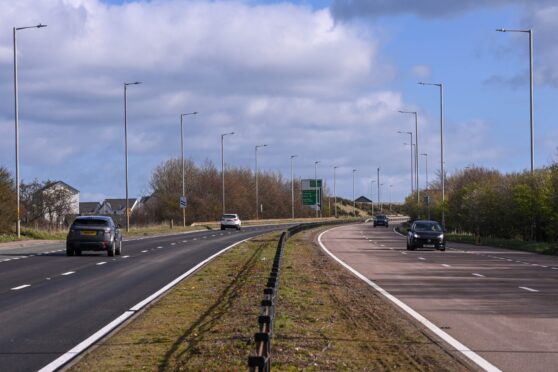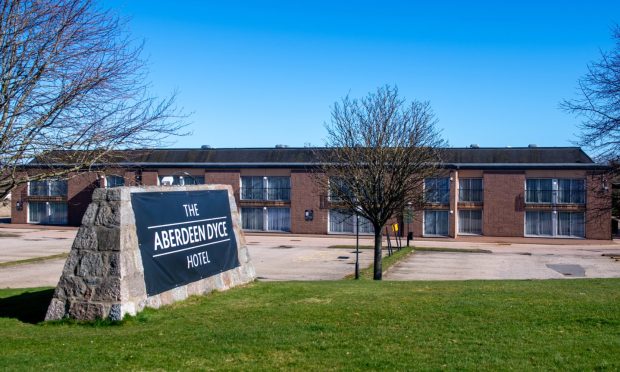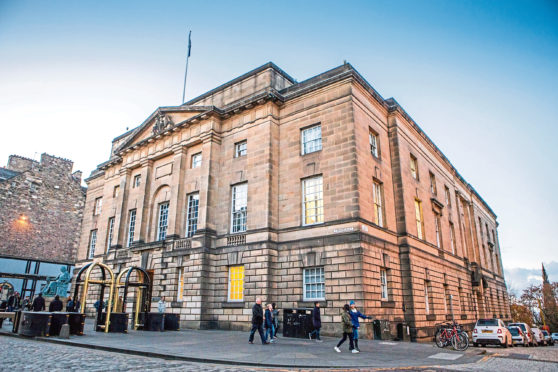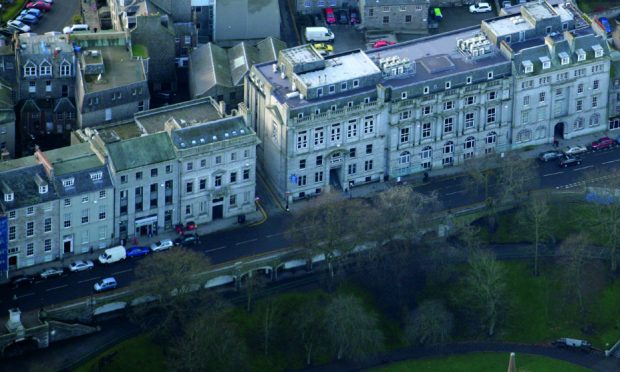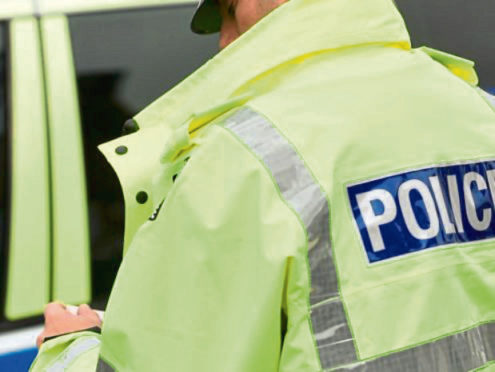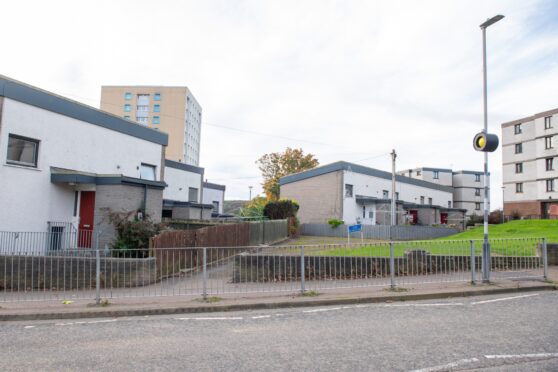A bowel cancer charity has called for more research after Aberdeen University academics took an important step towards discovering why some people have a better chance of beating the disease.
Researchers found sufferers with a higher concentration of molecules that break down omega-3 fatty acids have higher survival rates.
The results showed more of these molecules, compared to those which break down omega-6 fatty acids, helped to lessen the spread of bowel cancer tumours.
What is not known is why some people have a higher proportion of the cancer-busting molecules which break down omega-3 fatty acids than other people.
Deborah Alsina, chief executive of Bowel Cancer UK, said: “This interesting study, highlights the potential benefits of omega-3 in preventing this spread, therefore increasing chances of survival.
“However, this was a lab-based study, and further research is needed to help us understand how much omega-3 people should be aiming to include in their diets.”
Professor Graeme Murray, who led the study confirmed that further research would be undertaken, possibly in the next six months to a year, to investigate why some people have more of these molecules.
He said: “There is big variation in how people survive cancer of the large bowel and how they respond to treatment and we don’t know what makes some people respond more favourably than others. This is what this research is trying to establish.
“The molecules or ‘metabolites’ that arise from the breakdown of omega-3 prevent tumour spread and we assume that, with more of the enzyme that breaks down omega-3, there will be increased metabolites of omega-3, and this will limit tumour spread.
“The less a tumour has spread the better the outcome. The converse is true for omega-6 metabolising enzyme.
“Our findings are important because it highlights a new pathway for understanding survival from bowel cancer.”

